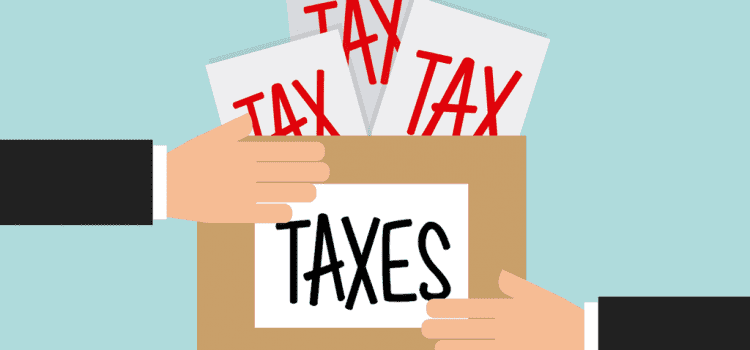VAT, or Value Added Tax, is charged by VAT-registered businesses on most goods and services.
Many people are under the impression that registering for VAT is just something a business has to do at a certain income level. However, there’s a lot more to it than that, and a good accountant will advise you when and how to register – or deregister for VAT to ensure maximum benefit for your business. In the meantime, here are the basics:
When MUST I register my business for VAT?
You must register for VAT if:
- your VAT taxable turnover exceeds the 2015/16 threshold (£82,000) in a 12 month period
- you receive goods from the EU worth more than £82,000
- you expect to go over the VAT threshold in a single 30 day period
You may also have to register for VAT if you take over a business that’s already VAT registered.
You must register within 30 days of your business turnover exceeding the threshold. Failure to register for VAT can incur penalties.
When SHOULD I register my business for VAT?
Sometimes, registering for VAT can be to your advantage, even if your turnover or supplies don’t exceed the VAT threshold.
- If you mainly deal with other VAT-registered businesses or pay for services with added VAT costs, such as legal or accountancy fees, you can claim back the VAT you pay to them. If you don’t, beware – adding VAT to your prices if you’re selling them to the public will mean charging them more and possibly losing custom.
- It prevents your business from being obviously marked out as having a low turnover.
VAT exception
If your taxable turnover goes over the threshold temporarily and you don’t wish to register for VAT, you can apply for a registration ‘exception’ by writing to HMRC. You must include evidence that demonstrates why you believe your VAT taxable turnover won’t go over the de-registration threshold of £80,000 in the next 12 months. HMTC will either grant your exception in writing or register you for VAT.
Remember: The best way to decide if, when and how to register for VAT is to ask the advice of a qualified accountant. They can look at your circumstances in detail and suggest what’s best for your business.







